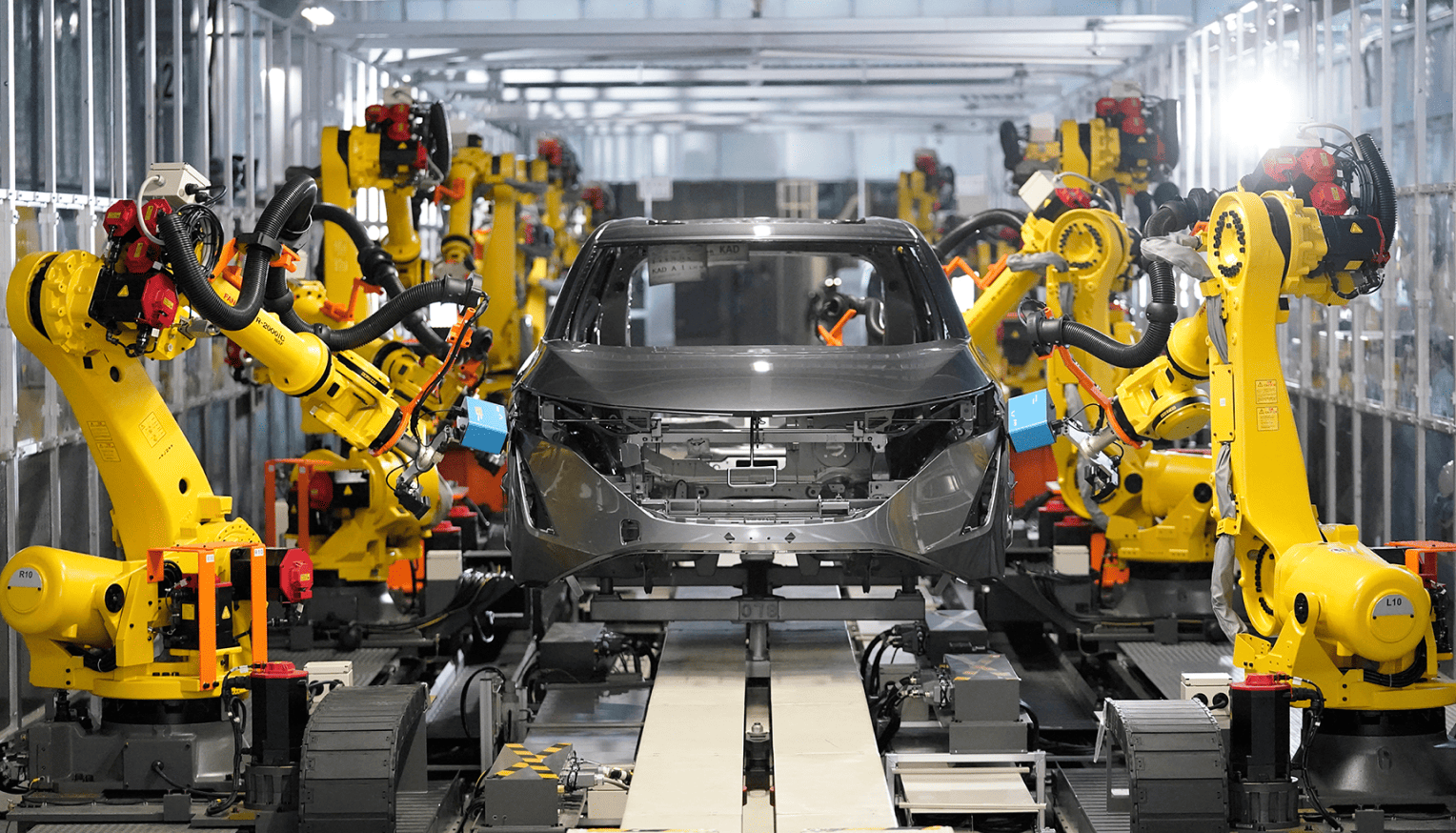Solving Combinatorial Optimization Problems using Quantum Solutions
Author : Sreenath Shaju (Lead Data Scientist), Sreenath Shaju
(Lead Data Scientist),
Sylesh Gupta (ML Engineer II)
March 2024
In the ever-evolving landscape of technology, quantum computing has emerged as a game-changer, promising to revolutionize the way we approach complex problems. This article delves into the realm of quantum computing, specifically focusing on how a Quantum Service can be harnessed for solving combinatorial optimization problems. Let's embark on a journey to understand the need for quantum computers in this context and explore their applications, particularly in the automotive industry.
Why is a Quantum Computer Needed?
Combinatorial Optimization problems pose significant computational challenges due to their inherent complexity, involving a multitude of variables and constraints. Classical computers, relying on binary bits that exist in either a 0 or 1 state, face limitations when tasked with exploring the vast solution space of such problems. As the problem size increases, the exponential growth in the number of possible solutions leads to a combinatorial explosion. It makes these problems computationally expensive and time-consuming for classical computing architectures.
To illustrate this challenge, consider a travelling salesman problem with 20 cities, the classical computer would need to evaluate 220 combinations, resulting in a staggering 1,048,576 possible routes. As the number of variables grows, the computational complexity becomes unmanageable for classical computers, rendering them inefficient for solving large-scale combinatorial optimization problems.
Quantum computing, on the other hand, leverages the principles of superposition and entanglement to process information in parallel across multiple states. This inherent parallelism allows quantum computers to explore a vast solution space more efficiently than classical counterparts. These have an ability to handle the inherent complexity and combinatorial nature of these problems in a more efficient manner. As a result, quantum computers are well-suited for tackling optimization challenges that would be daunting for classical computers.
Automotive Use cases
Use case 1
The automotive industry is a hotbed of optimization challenges. From route planning, to supply chain management and vehicle design, there are numerous opportunities to enhance efficiency and reduce costs.
One of the key examples is Paint Shop Scheduling, where vehicles are to be painted with different colours as per the order received from the customers, and shifting a nozzle between different colours will slow down the painting process.
How Quantum Computing Helps:
Quantum computers, with their ability to operate on superpositions of states, can explore a massive number of potential painting sequences simultaneously. This surpasses the capabilities of classical computers, which can only evaluate a limited number of sequences at a given time.
As customer orders or production situations change, quantum computers can quickly recalculate scheduling solutions. This adaptability enhances paint shop flexibility and lowers the risk of costly delays.

Use case 2
Another use case of the Quantum solution is to simulate the crash tests of a vehicle. Simulating a crash test is incredibly complex. Real-world collisions involve the interaction of various materials (metals, plastics, composites), responding with non-linear behaviours like bending, crumpling, and fracturing across tiny time intervals.
Modelling these material behaviours on a classical computer requires solving enormous numbers of equations. The computational demand increases exponentially with the level of detail we want to include in the simulation.
How Quantum Computing Helps:
Quantum computers are inherently well-suited to simulating the behaviour of materials at the atomic and molecular level, the very place where deformations like crumpling and breaking begin. This allows much more accurate simulations than classical models forced to approximate material properties on a large scale.
By allowing faster and more accurate simulations, car manufacturers can explore far more design options early in development. This translates to identifying safety flaws and potential optimizations without building as many physical prototypes.

Quantum computing opens the door to various challenges posed in the automotive world and can also guide the next generations to environmentally sustainable solutions. Additionally, advanced materials research aided by quantum simulations can unlock new possibilities for energy-efficient vehicles.
In a nutshell
While full-scale quantum computers are still evolving, the promise they hold is undeniable. The automotive industry stands to gain immensely from the ability to solve complex optimization challenges, paving the way for improved efficiency, sustainability, and innovation across the entire sector.

